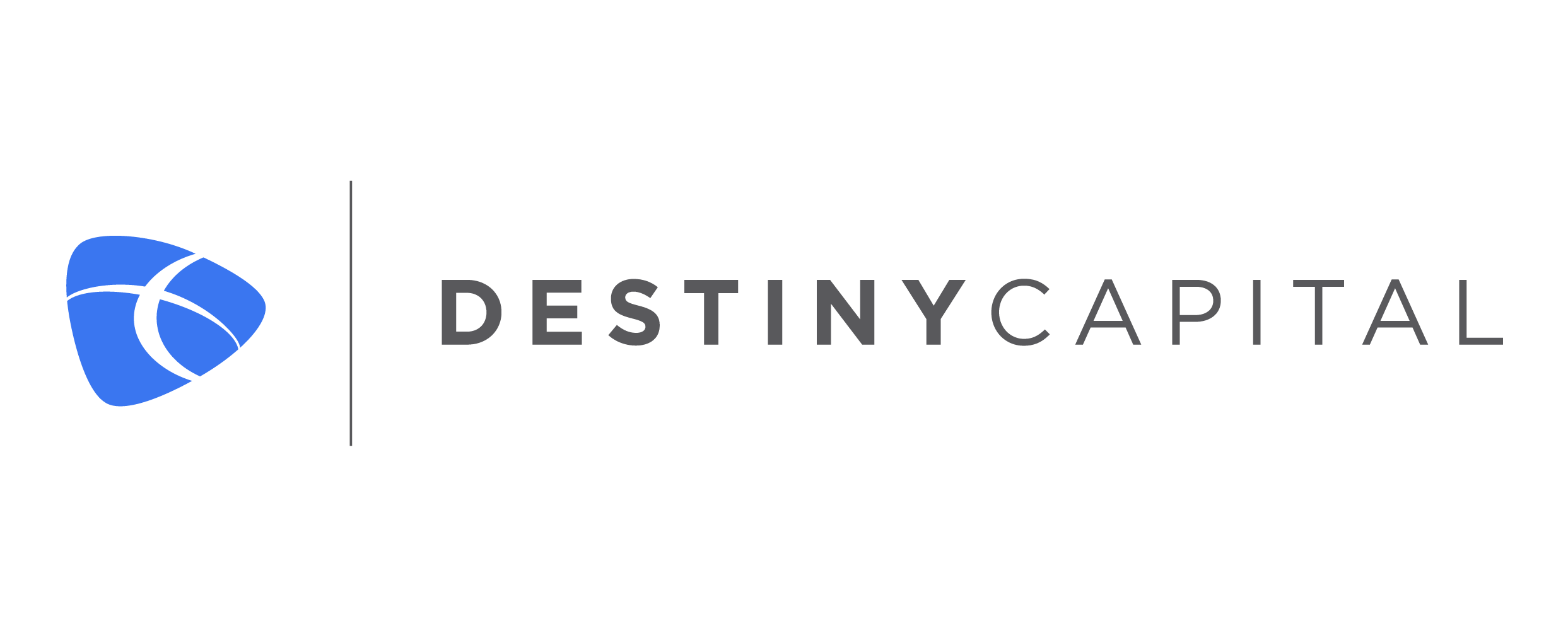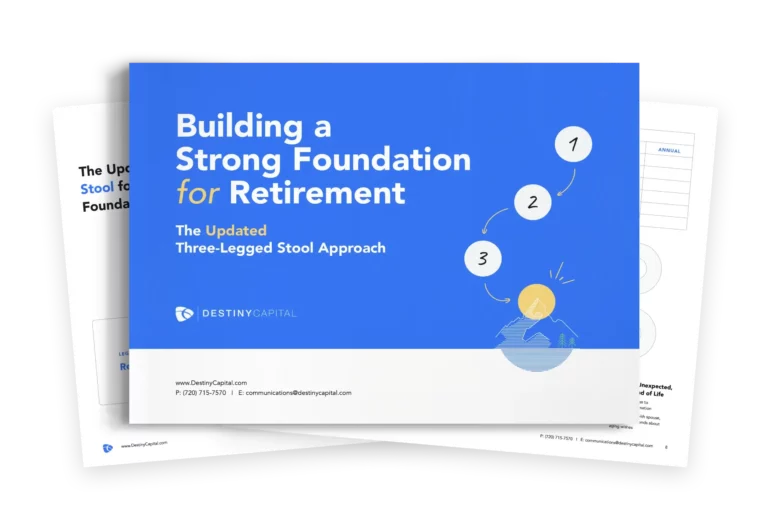Why Is All The Good Stuff Private?
Since 1996 the number of publicly traded companies listed on US securities exchanges has dropped by almost half! In 1996, about 8,000 companies were listed; today that number is about 4,300. The data shows that three factors have contributed to this large reduction in listings: companies have voluntarily delisted (gone private), been consolidated through mergers and acquisitions, or new companies have chosen to not become publicly traded. A number of studies have identified several possible root causes, such as the cost of compliance with listing requirements, the availability of large amounts of private equity funding, and low interest rates that allow large companies to acquire younger companies using debt.
Rather than debating policy, we instead look at the impact on our investing approach. If there are fewer domestic equity options available, what does that mean for investors? In general, our job is now more challenging. With fewer options to choose from and generally larger market capitalizations (company size), it is more difficult to find attractive opportunities.
This means that using investment vehicles that mirror the broad market performance or the performance of specific industries becomes more attractive. For starters, using ETFs (Exchange Traded Funds) allows us to achieve portfolio diversification, hold costs to a minimum, and tailor our selections to specific industries that are poised to perform well during specific periods of time. It also means that if and when we use individual stocks for specific client portfolios, adding value requires a large amount of research and oversight. By using our proprietary research methodology, we are able to isolate specific companies that we feel strongly about, rather than following the crowd in a highly crowded marketplace.
Looking toward the future, if we remain in an environment of diminishing choice for US publicly traded equities, we will likely need to expand our investment choices to include companies outside the US as well as vehicles to access privately held companies. While we use some of these tools for specific clients today, in 5-10 years we will likely be using them for a much wider group of our client households. As with everything we do for our clients, focusing on not just returns but also the risks taken to generate those returns is paramount.
Have any questions or concerns? Talk to one of our advisors today!
{{cta(‘b98204c7-0e0e-4d3b-895d-e54ef00e4f97′,’justifycenter’)}}
Share this
Stay Ahead with Smart Investments
Learn how to invest wisely and minimize risks to protect your retirement savings.
Achieve Your Retirement Goals
Get personalized advice to meet your retirement goals. Book your call with Destiny Capital now.




